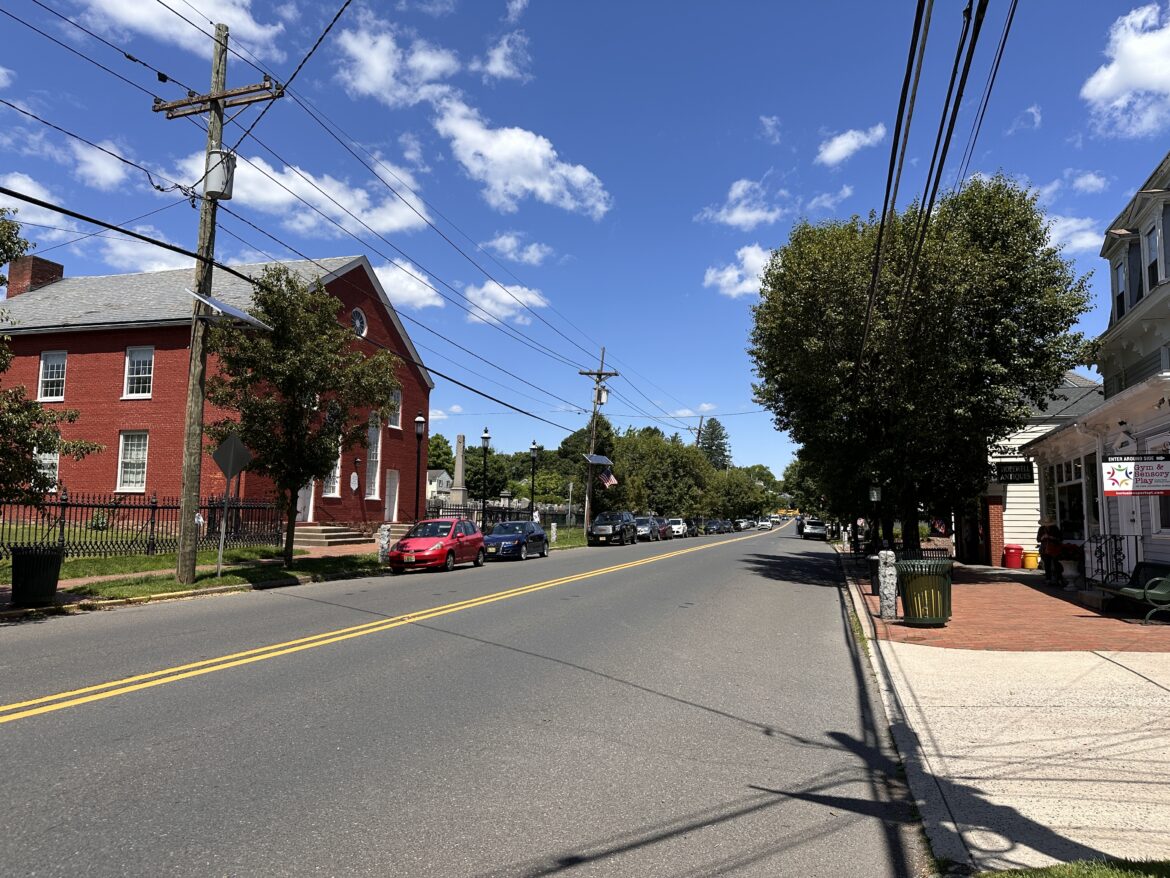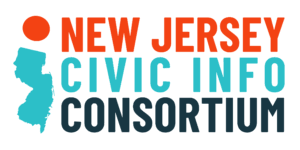In a meeting that extended well into the evening, the Hopewell Borough Council tackled additional pressing issues beyond the major redevelopment plan during their meeting on Monday, July 1 at Borough Hall. On a date shifted due to Independence Day, discussions included the Borough’s application to enter the WIPA process for the water system sale and a resolution to a long-standing parking ordinance dispute near the Baptist Meetinghouse.
Water System Sale Process Update
The Borough’s application to the New Jersey Department of Environmental Protection to enter the WIPA process was approved. Borough residents have until August 5 to trigger a vote to reject the process by submitting signatures before the 45-day period after DEP approval. For a deeper dive, please visit Hopewell Borough Council Considers Selling Water System.
During the ensuing public comment period, a resident asked, in the simplest terms possible, “Is the water safe to drink?” Mayor Kennedy’s response was equally concise: Yes.
A representative of Food & Water Watch, a Washington, D.C.-based nonprofit advocacy group, cautioned Council and attendees about privatizing municipality-owned water infrastructure. According to the representative, Hopewell Borough is the only municipality in the state currently undergoing the WIPA process, which “removes the ability to vote.” The representative cited rate increases ranging from 15% to over 50% seen by various NJ towns who sold their systems to NJ American Water.
The next Water Town Hall is scheduled for July 30 at which residents will have the opportunity to learn more about the WIPA process, ask questions, and voice concerns.
W. Broad Street Parking Ordinance
A fast and furious parking controversy, complete with intra-council bickering, was brought to a close toward the end of the Council meeting. For at least the last 13 years, two competing parking ordinances have been on the books in the Borough near Mercer Street and the Hopewell Baptist Meetinghouse. The older ordinance requires “No Parking” within 200 feet from the corner of Mercer Street on the north side of E. Broad, which traverses in front of the Meetinghouse. More than a decade ago, an ordinance was passed, reducing the “No Parking” zone to 100 feet. This was a welcome change to business owners on the south side of E. Broad, who, along with some permanent residents, claim the need to preserve parking options in that section of town.
Suddenly, under what appear to be rather mysterious circumstances, the sign was replaced with one that reverted the section back to a 200-foot “No Parking zone,” much to the chagrin of business owners and some residents. Notably, however, members of the board of the Meetinghouse have been advocating to keep the 200-foot “No Parking” zone in line with their strategic plan to improve event offerings and other opportunities for the historic building, including the need for handicap-accessible loading and unloading.
See LTE: Restore Lost Parking to Support West Broad Street Businesses
Councilmember Heidi Wilenius, who owns a shop on E. Broad, has, at various intervals, sought to disclose her complicated relationship with the parking kerfuffle. As a business owner, member of Council, Economic Development Committee liaison, and Borough resident, Wilenius has attempted to navigate the process gingerly though her success is open for interpretation.
Indeed, Councilmember Krista Weaver read a statement aloud lambasting Wilenius for putting Council in a tough spot. Though not opposing the new 100-foot ordinance outright, Weaver was clear in her disapproval not only of Wilenius’s approach to the issue but also of Council’s decision to vote. She was joined in her dismay by one other Councilmember, Debra Stuhler, who answered “no” when a vote was finally taken.
In a first for his tenure thus far, Mayor Kennedy was forced to break a tie, which he did in the affirmative while promising the Meetinghouse and their supporters a “full commitment” to continue monitoring and addressing their parking needs.








